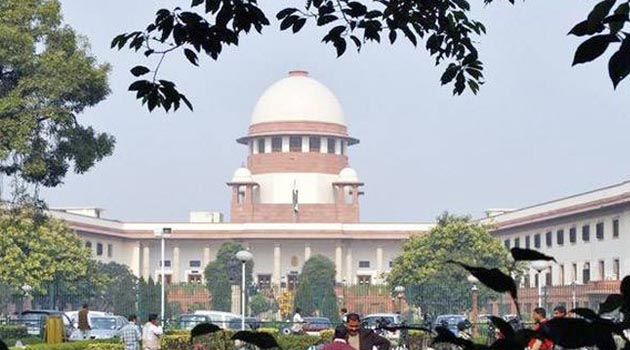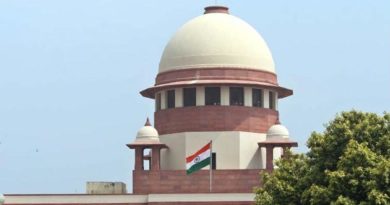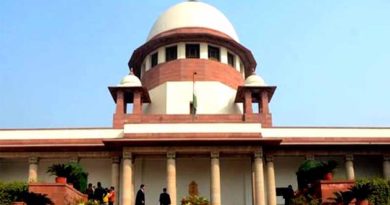Cardinal rule for courts is not to interfere with govt policies: SC
Less than a week after the President and the Prime Minister expressed anguish over frequent interference in policy decisions by the judiciary, the Supreme Court said the cardinal rule for the courts is not to interfere with the government’s economic and regulatory policies.
Upholding a decision of the Reserve Bank of India to decline permission to an Indian merchant, Akshay N Patel, from entering into an agreement to facilitate export of Chinese-made PPEs to US, a bench of Justices D Y Chandrachud, Vikram Nath and B V Nagarathna said the deference of the RBI to the government policy banning export of PPEs was justified as it was in the public interest to stop shortage of PPEs during the pandemic.
It said that exports from a foreign country to yet another country may not have caused shortage of PPEs in India but would surely have depleted the stocks in the world, which could have been grabbed by rich countries for hoarding and reduced India’s share to import PPEs.
Writing the judgment, Justice Chandrachud examined in detail the regulatory role of RBI in sync with the economic as well as regulatory policies of the government to nuance the role of the constitutional courts in issues involving such policies.
The three-judge bench said the constitutional courts must be circumspect that “the rights and freedoms guaranteed under the Constitution do not become a weapon in the arsenal of private businesses to disable regulation enacted in the public interest.”




